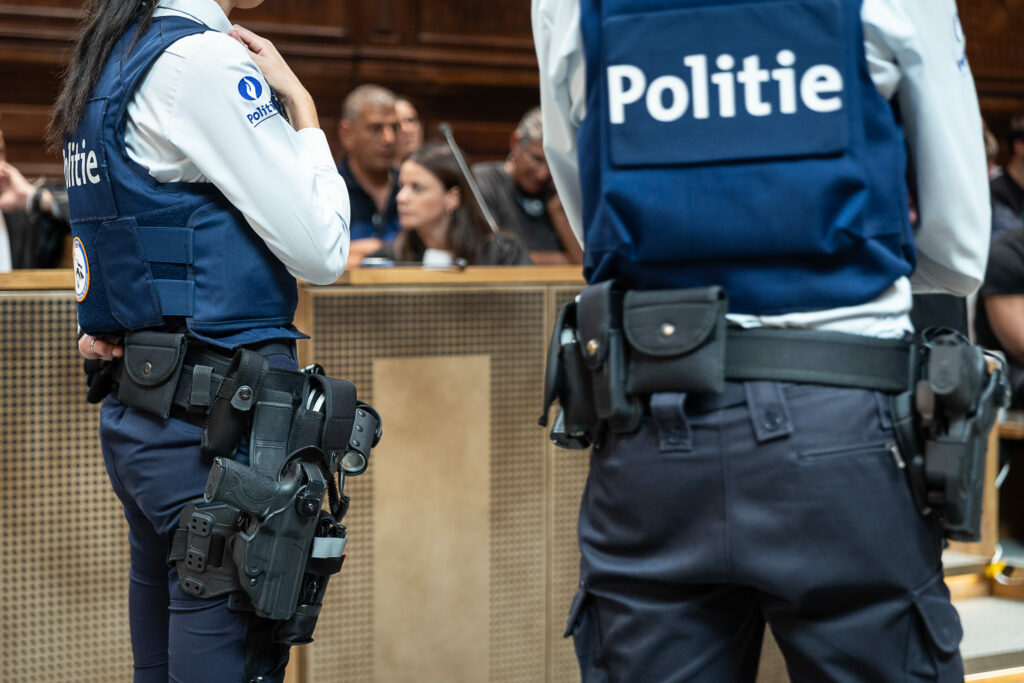On Thursday, the Brussels Criminal Court’s prosecutor, requested 20-year prison sentences for Alfredo H. and Indrit K. in the Black Eagle case, related to a large drug trafficking operation.
She identified these two Albanian nationals as the leaders of the criminal organisation responsible for the drug trafficking operation. Prosecution evidence includes cocaine seizures conducted throughout the investigation launched in 2020, with an estimated value of €13.42 million.
Alfredo H., pinpointed as one of the operation’s heads, was found to have connections with Italian mafia groups established in Limburg and heads of a larger organisation based in Majorca. "They implemented modern business methods, sharing resources, workforce, and equipment," explained the prosecutor.
Prosecutors also targeted Indrit K. as a key player within this cocaine trafficking network. He was arrested in Spain in January 2020, possessing 440 kilograms of cocaine.
Highly organised network
The prosecutor alleged that the two leaders deployed henchmen acting as "observers," watching arriving ships at Antwerp and Ghent ports. There were also "extractors", dispatched on inflatable canoes equipped with diving gear to the boats containing the targeted containers.
The network recruited "chemists" or "cooks," primarily Colombians, whose task was to extract cocaine from legally imported products with which the drug had been expertly mixed. Additionally, there were "providers," primarily responsible for sourcing warehouses needed for drug transformation laboratories.
In this case, 40 individuals are accused of involvement in a criminal organisation actively engaged in drug trafficking. The Black Eagle investigation began in September 2020, following the police discovery of several kilos of cannabis and a large quantity of acetone, as well as a barrel of liquid containing the equivalent of 600 kilograms of cocaine in garage units in Evere.
The investigations suggest that these were clandestine laboratories where cocaine was chemically extracted from legal substances such as fruit pulp, cement, or coal, all of which were shipped via containers through Antwerp and Ghent ports.

